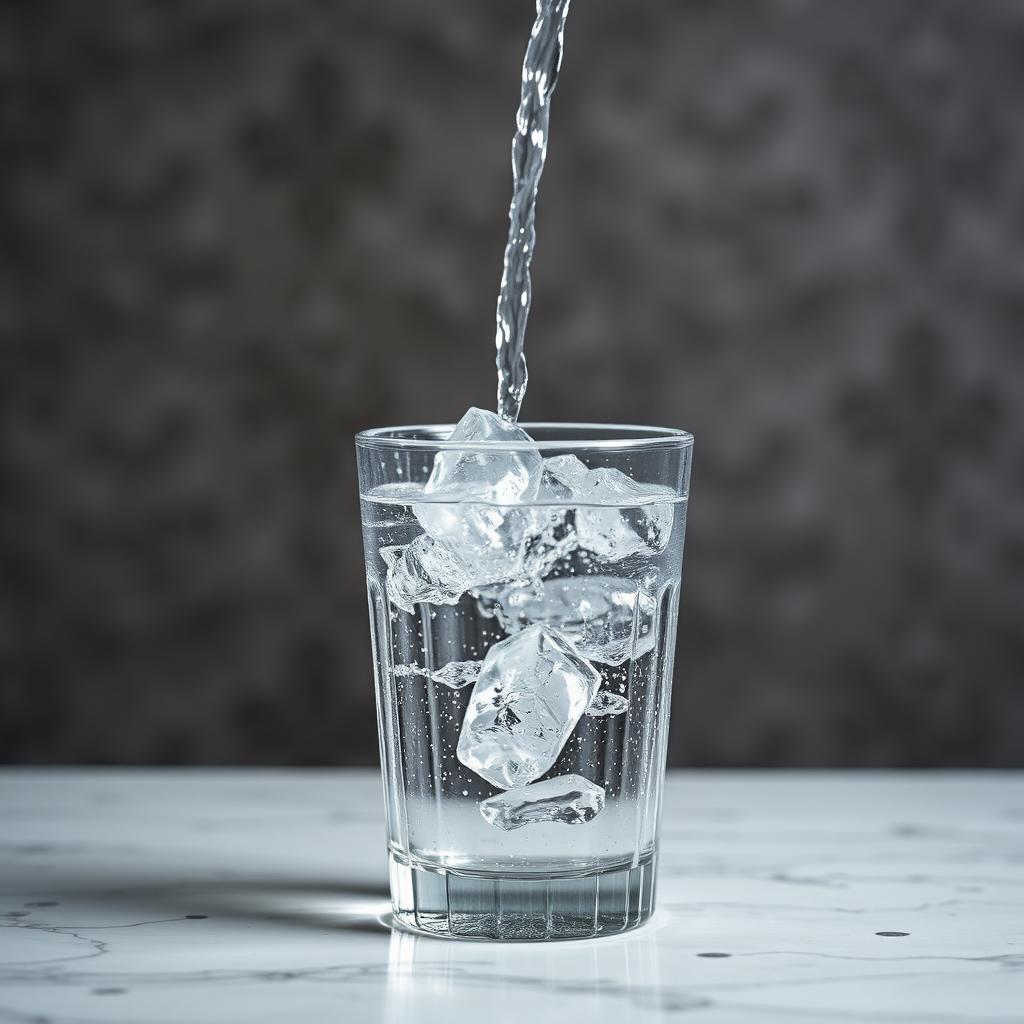The Importance of Hydration: Why Drinking Water Should Be Your Priority

Water is essential for life, and staying hydrated is one of the easiest yet most effective ways to maintain overall health. Despite its importance, many people fail to drink enough water, leading to dehydration and a range of health issues. In this post, we will explore the benefits of hydration, how much water you really need, and practical tips to stay hydrated throughout the day.
Why Hydration Matters
Water makes up about 60% of the human body, and it plays a crucial role in nearly every bodily function. From regulating body temperature to aiding digestion and supporting joint health, staying properly hydrated is essential for maintaining optimal health.
Key benefits of hydration include:
- Boosting energy levels: Dehydration can lead to fatigue and lethargy, while proper hydration helps you feel more energetic and focused.
- Improving digestion: Water helps break down food and absorb nutrients. It also keeps your digestive system running smoothly, reducing the risk of constipation.
- Supporting kidney function: Water flushes out toxins from your body and helps your kidneys function properly.
- Enhancing skin health: Staying hydrated keeps your skin looking healthy, radiant, and youthful by preventing dryness and reducing the appearance of wrinkles.
- Regulating body temperature: Sweating and breathing help regulate your body temperature, and both processes require water.
How Much Water Do You Really Need?
The amount of water a person needs can vary based on factors like age, sex, activity level, and climate. However, a common recommendation is:
- Men: About 3.7 liters (125 ounces) of total water intake per day, including water from food and beverages.
- Women: About 2.7 liters (91 ounces) of total water intake per day.
It’s important to note that the “8 glasses a day” rule is a general guideline and may not be accurate for everyone. Some people may need more water, especially if they exercise frequently or live in hot climates.
Factors that influence your hydration needs:
- Exercise: You lose water through sweat, so if you’re active, you’ll need more water to replace lost fluids.
- Climate: Hot and humid weather increases the need for hydration as your body sweats more to stay cool.
- Health conditions: Certain conditions like fever, vomiting, or diarrhea can cause dehydration, requiring you to drink more water.
Signs of Dehydration
Dehydration occurs when your body doesn’t have enough water to carry out normal functions. It can range from mild to severe and can lead to serious health problems if left untreated.
Signs of mild dehydration include:
- Dry mouth and throat
- Fatigue and dizziness
- Dark yellow urine
- Headaches
- Decreased urine output
Signs of severe dehydration include:
- Very dry skin
- Rapid heartbeat or breathing
- Confusion or dizziness
- Low blood pressure
- Fainting
If you experience any of these severe symptoms, it’s important to seek medical attention immediately.
Practical Tips to Stay Hydrated
Staying hydrated doesn’t have to be a challenge. Here are some easy ways to ensure you’re getting enough water throughout the day:
1. Start Your Day with Water
Begin your day by drinking a glass of water as soon as you wake up. This can help rehydrate your body after hours of sleep and kickstart your metabolism.
2. Carry a Reusable Water Bottle
Having a water bottle with you at all times makes it easier to remember to drink. Choose a bottle that is easy to carry and has measurement markings so you can track your intake.
3. Set Hydration Reminders
If you tend to forget to drink water, set hourly reminders on your phone or use a hydration app to prompt you to take a sip.
4. Flavor Your Water
If plain water feels too boring, add natural flavors by infusing it with fruits, herbs, or even cucumber. This makes it easier to drink more water without the need for sugary beverages.
5. Eat Hydrating Foods
Many fruits and vegetables have high water content and can contribute to your hydration. Try adding watermelon, cucumbers, oranges, or strawberries to your meals.
6. Monitor Your Urine Color
Keep an eye on the color of your urine. Ideally, it should be pale yellow. Dark yellow or amber urine is a sign that you’re not drinking enough water.
Hydration and Exercise
Staying hydrated during physical activity is crucial for performance and recovery. When you exercise, you lose fluids through sweat, so it’s essential to drink water before, during, and after your workout.
- Before exercising: Drink water to ensure you start your workout well-hydrated.
- During exercise: If you’re working out for more than 30 minutes, take small sips of water every 15 minutes.
- After exercise: Rehydrate with water or an electrolyte drink to replenish lost fluids.
Conclusion: Make Hydration a Priority
Proper hydration is a simple yet powerful way to support your overall health and well-being. By drinking enough water, you can improve your energy levels, boost digestion, support your kidneys, and keep your skin looking healthy. Incorporate these easy tips into your routine to stay hydrated and reap the many benefits of proper water intake.



